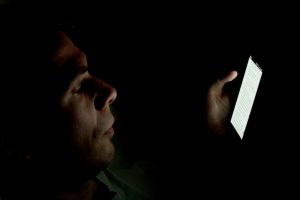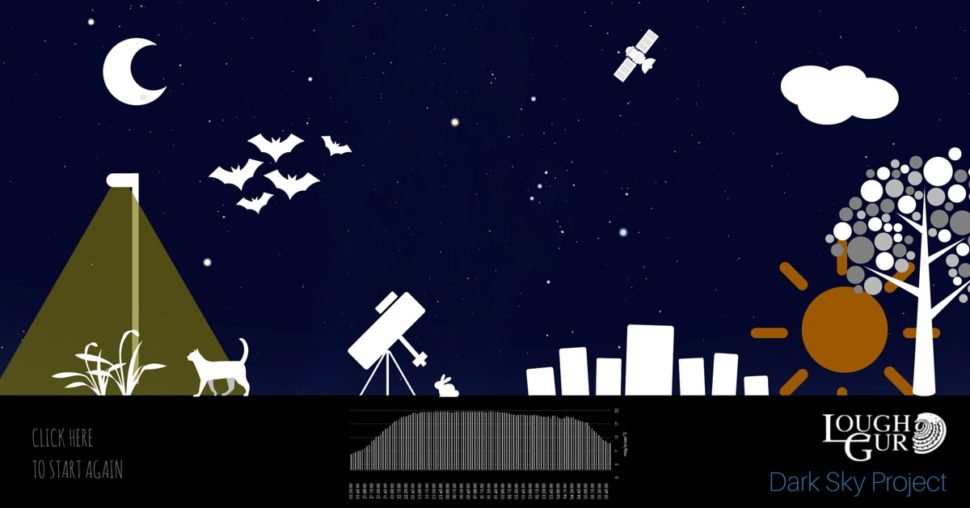Return to the Dark Sky Project
The Impact of Blue Light on You

photo credit: Japanexperterna.se via photopin (license)
Not all colours of light have the same impact on the human body. Blue wavelengths, typically emitted by electronic devices and energy saving bulbs, can be beneficial during daylight hours because they boost attention, reaction times, and mood. But blue light can be much more destructive at night. If you are a user of a phone or tablet before going to bed, this could be impacting your natural circadian rhythms.
Even dim light can interfere with a person’s circadian rhythm and melatonin secretion.
What is Melatonin?
Melatonin is a hormone that is produced by the pineal gland in animals and regulates sleep and wakefulness. The blue light typically associated with mobile phones, tablets and some energy saving bulbs promotes the production of Melatonin in the human body thus disrupting sleep patterns leading to a lack of sleep and impact to the human immune system.
What can you do to improve your sleep?
- Avoid the use of harsh blue/white lights as reading lamps. The blue light will impact your circadian rhythm and increase the production of melatonin, thus preventing sleep.
- Avoid looking at bright screens (computers, tablets, phones) for around two to three hours before bed.
- If you work a night shift or use a lot of electronic devices at night, consider wearing blue-blocking glasses.
- Installing an app that filters the blue/green wavelength at night. Click here for an example of one such application.
- Enable night mode on your phone or tablet, at first you will notice a distinct yellow to orange glow from your screen.

